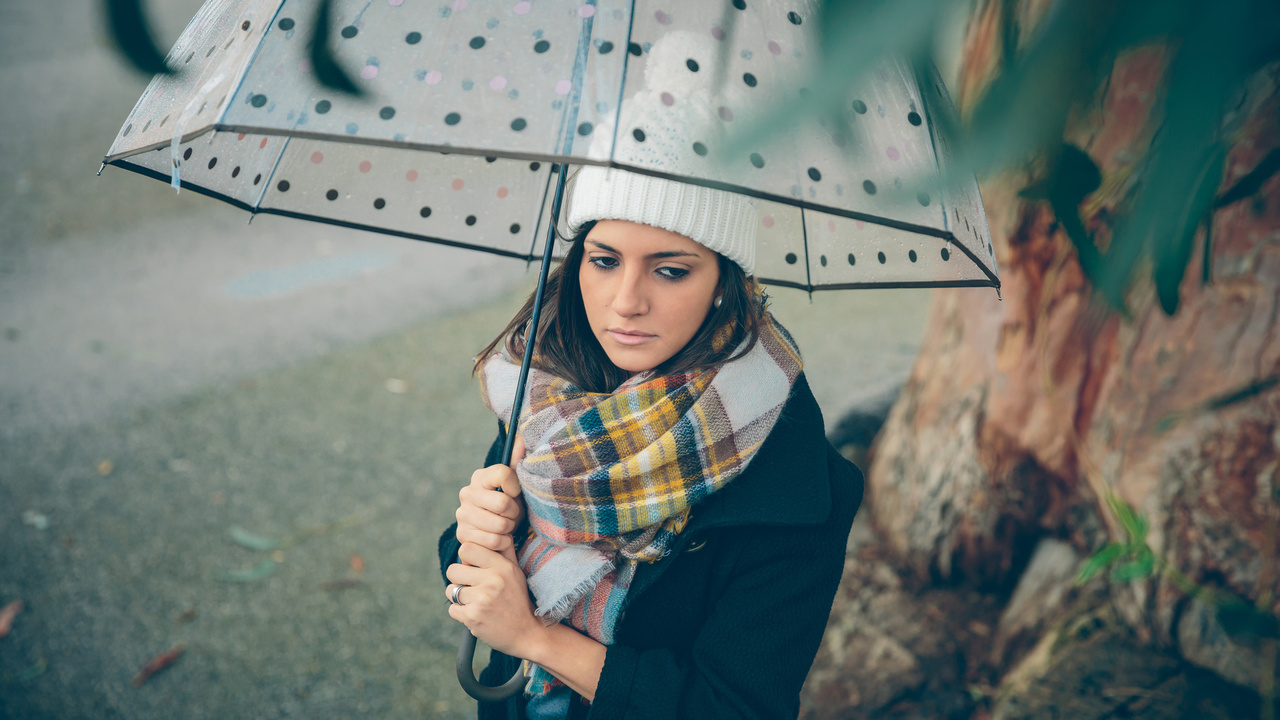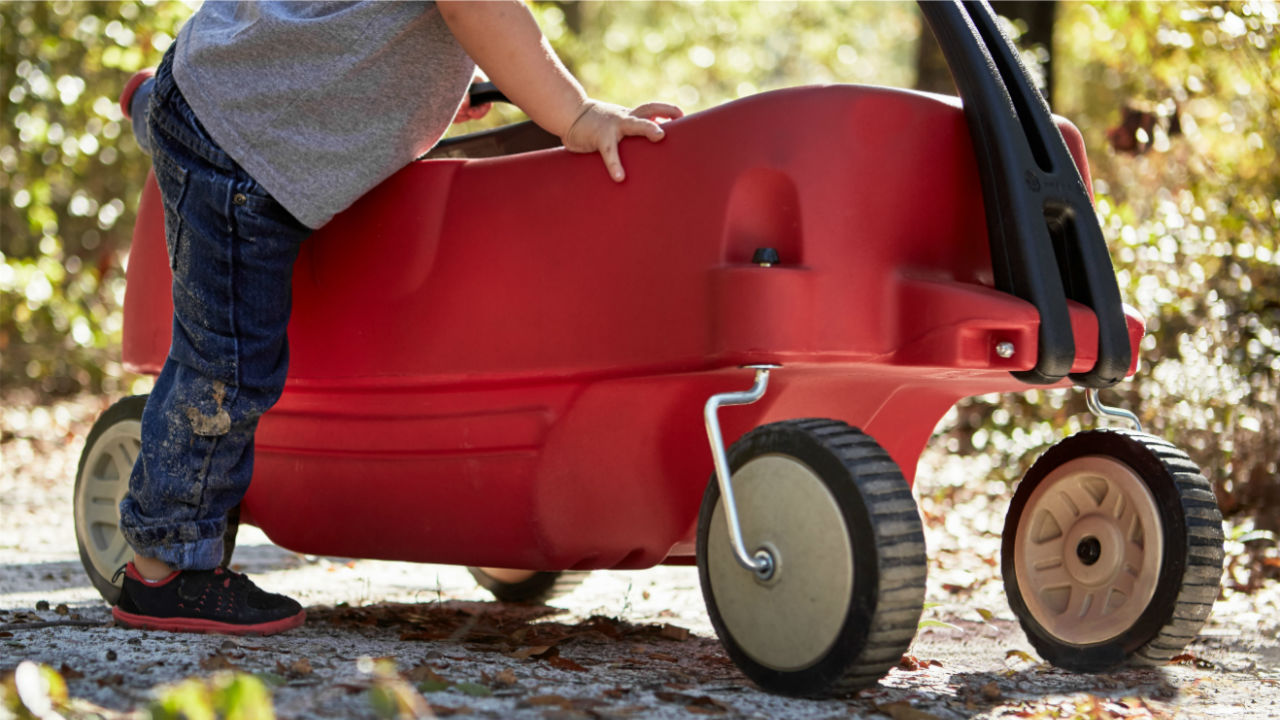My mother was diagnosed with pneumonia two days ago and is currently being hospitalized. I was unaware that this is a contagious disease and walked into her hospital room only to be asked to wear a mask.
I went to her house to care for her dogs while she has been hospitalized but when I walked into her house, I realized that if this is a contagious disease, I wondered how susceptible I was to obtaining the disease if I was at her house.
Research is a wonderful thing. I sat down on her laptop computer, after carefully utilizing Lysol on the keys as well as antibacterial wipes and looked up how we can be prepared dealing with contagious diseases and thought I would share what I have learned.
The Mayo Clinic provides the following information to help protect yourself from the contagious disease.
Get vaccinated. Because pneumonia can be a complication of the flu, getting a yearly flu shot is a good way to prevent viral influenza pneumonia, which can lead to bacterial pneumonia. In addition, get a vaccination against pneumococcal pneumonia at least once after age 55, and if you have any risk factors, every five years thereafter. Your doctor may recommend a pneumonia vaccine if you're a smoker, if you're younger but have a lung or cardiovascular disease, certain types of cancer, diabetes or sickle cell anemia, if your immune system is compromised or if you've had your spleen removed for any reason.
A vaccine known as pneumococcal conjugate vaccine can help protect young children against pneumonia. It's recommended for all children younger than age 2 and for children 2 years and older who are at particular risk of pneumococcal disease, such as those with an immune system deficiency, cancer, cardiovascular disease or sickle cell anemia. Side effects of the pneumococcal vaccine are generally minor and include mild soreness or swelling at the injection site.
Wash your hands. Your hands are in almost constant contact with germs that can cause pneumonia. These germs enter your body when you touch your eyes or rub the inside of your nose. Washing your hands thoroughly and often can help reduce your risk. When washing isn't possible, use an alcohol-based hand sanitizer, which can be more effective than soap and water in destroying the bacteria and viruses that cause disease. What's more, most hand sanitizers contain ingredients that keep your skin moist. Carry one in your purse or in your pocket.
Don't smoke. Smoking damages your lungs' natural defenses against respiratory infections.
Take care of yourself. Proper rest and a diet rich in fruits, vegetables and whole grains along with moderate exercise can help keep your immune system strong.
Protect others from infection. If you have pneumonia, try to stay away from anyone with a compromised immune system. When that isn't possible, you can help protect others by wearing a face mask and always coughing into a tissue.
You can read more information about pneumonia on the Mayo Clinic’s website here is http://www.mayoclinic.com/health/pneumonia/DS00135/DSECTION=prevention.
All user-generated information on this site is the opinion of its author only and is not a substitute for medical advice or treatment for any medical conditions. Members and guests are responsible for their own posts and the potential consequences of those posts detailed in our Terms of Service.




Add a Comment2 Comments
Cindy, thank you for a great SHARE.
I wasn't actually aware that pneumonia was contagious. I think I always put it in a category with illnesses like bronchitis -- that they developed as a result of other conditions but that they weren't themselves contagious (even if the original condition was, like a cold or a flu).
I hope your mother is doing better, and is recovering well from her pneumonia. And thank you again for such interesting info.
March 3, 2009 - 9:33amThis Comment
there are 2 forms of pneumonia one is caught by bacteria and it is contagious, the other is not :)
October 29, 2014 - 11:45amThis Comment